
Talks and workshops at community events allow very useful discussion about various climate change and gardening topics.
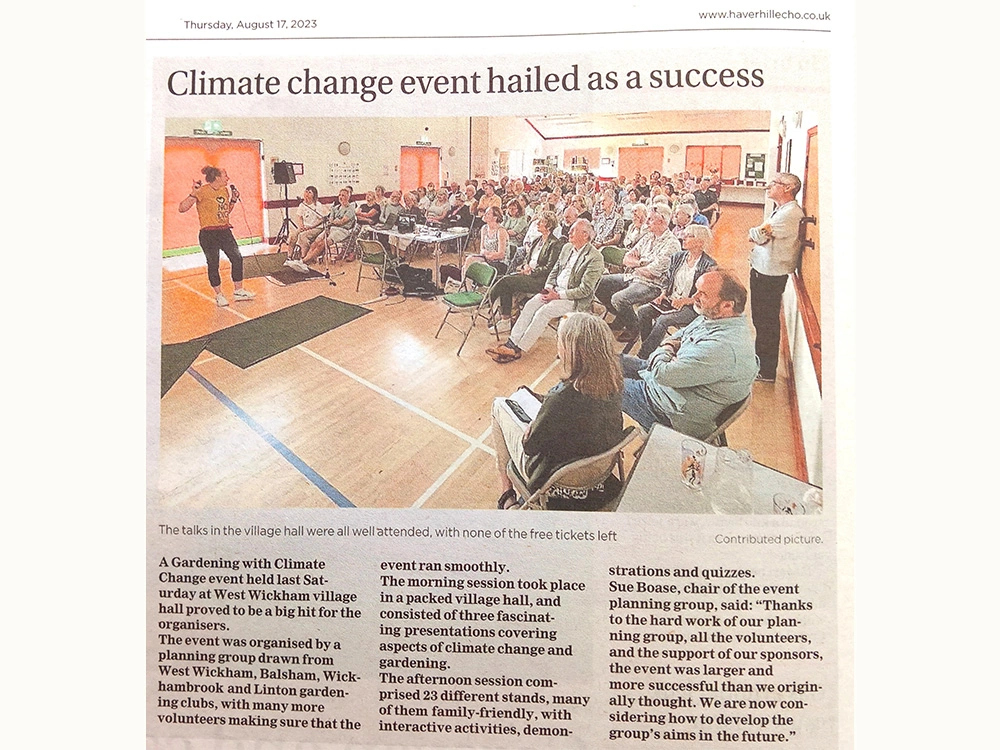
Our first climate change event, on 12 Aug 12th 2023, in West Wickham, was covered in the local press.
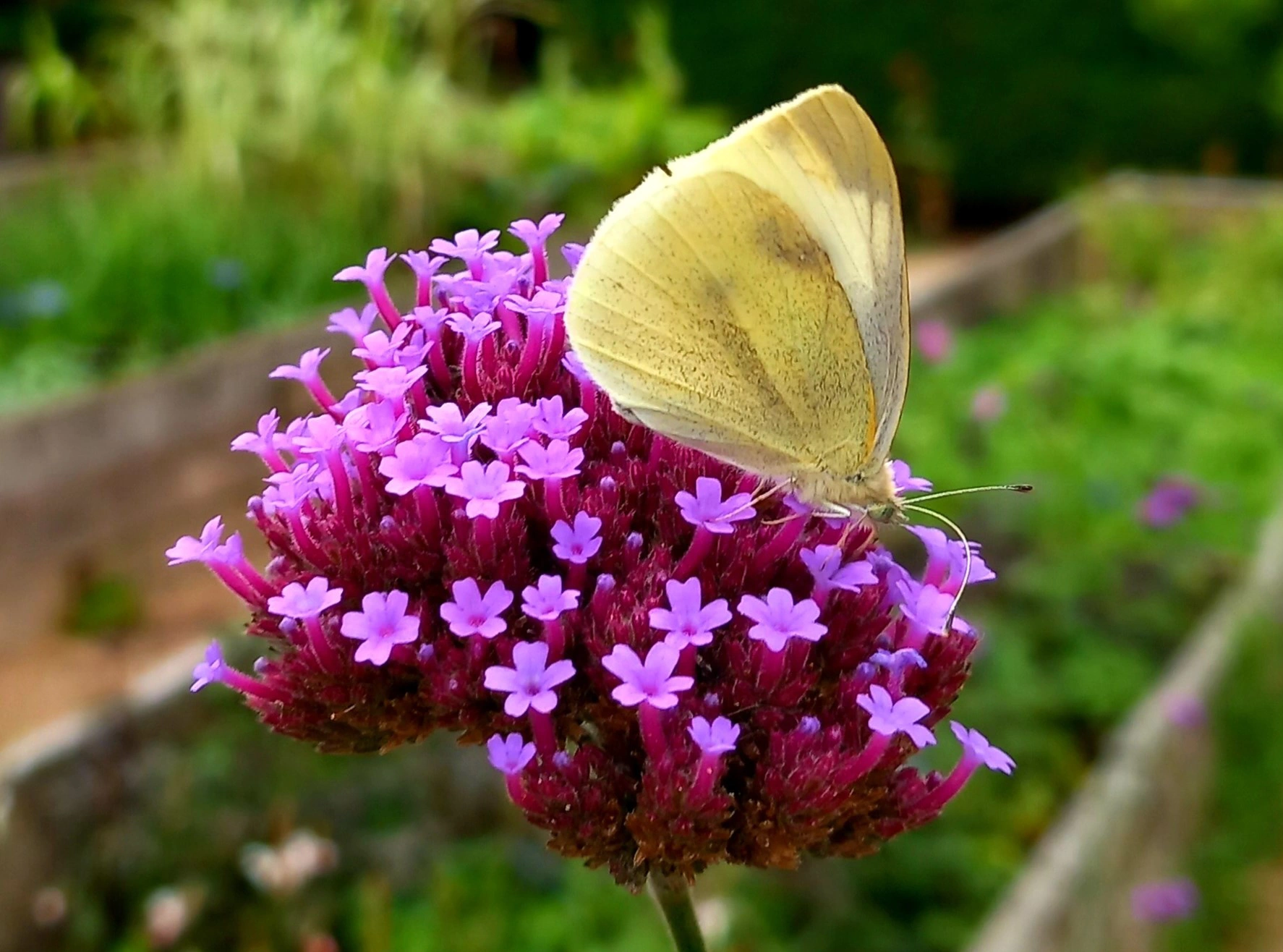
Verbena bonariensis is a valuable nectar source for insects in late summer and autumn.
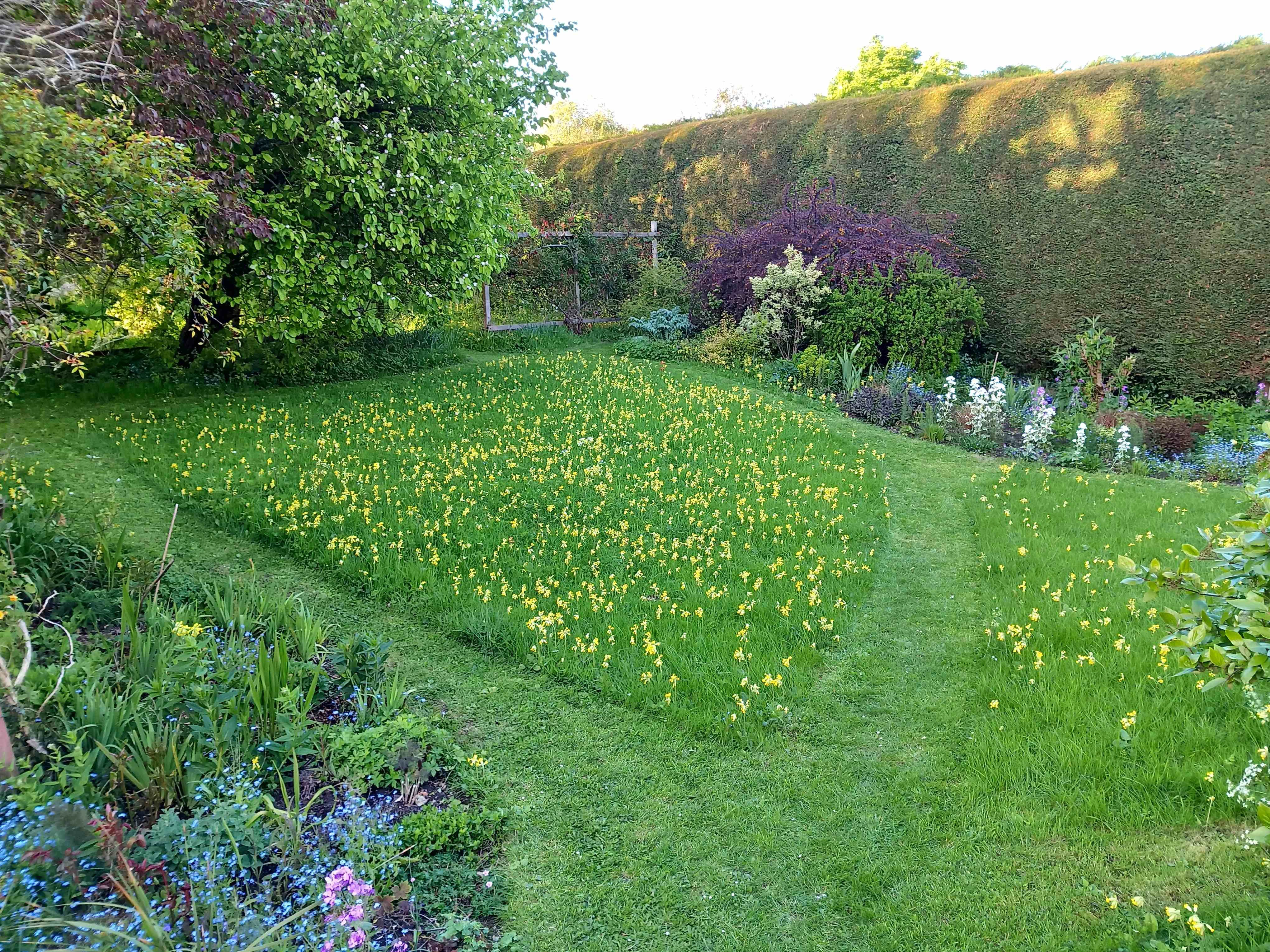
Leaving some of the lawn to grow long not only encourages wildflowers, but also enriches wildlife, and captures more carbon.
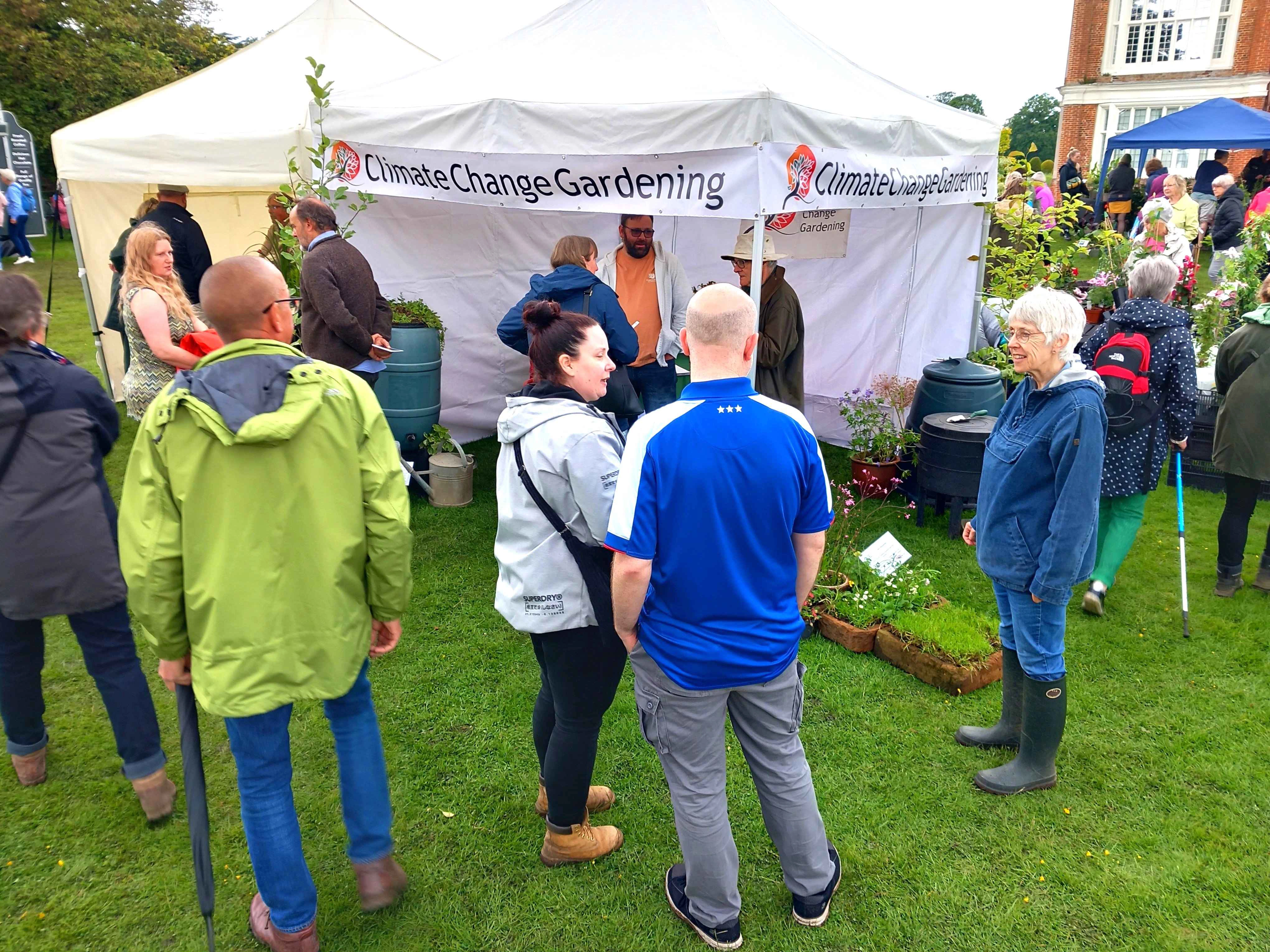
Taking our stand to events is a great opportunity to engage with the public about their gardens and climate change.
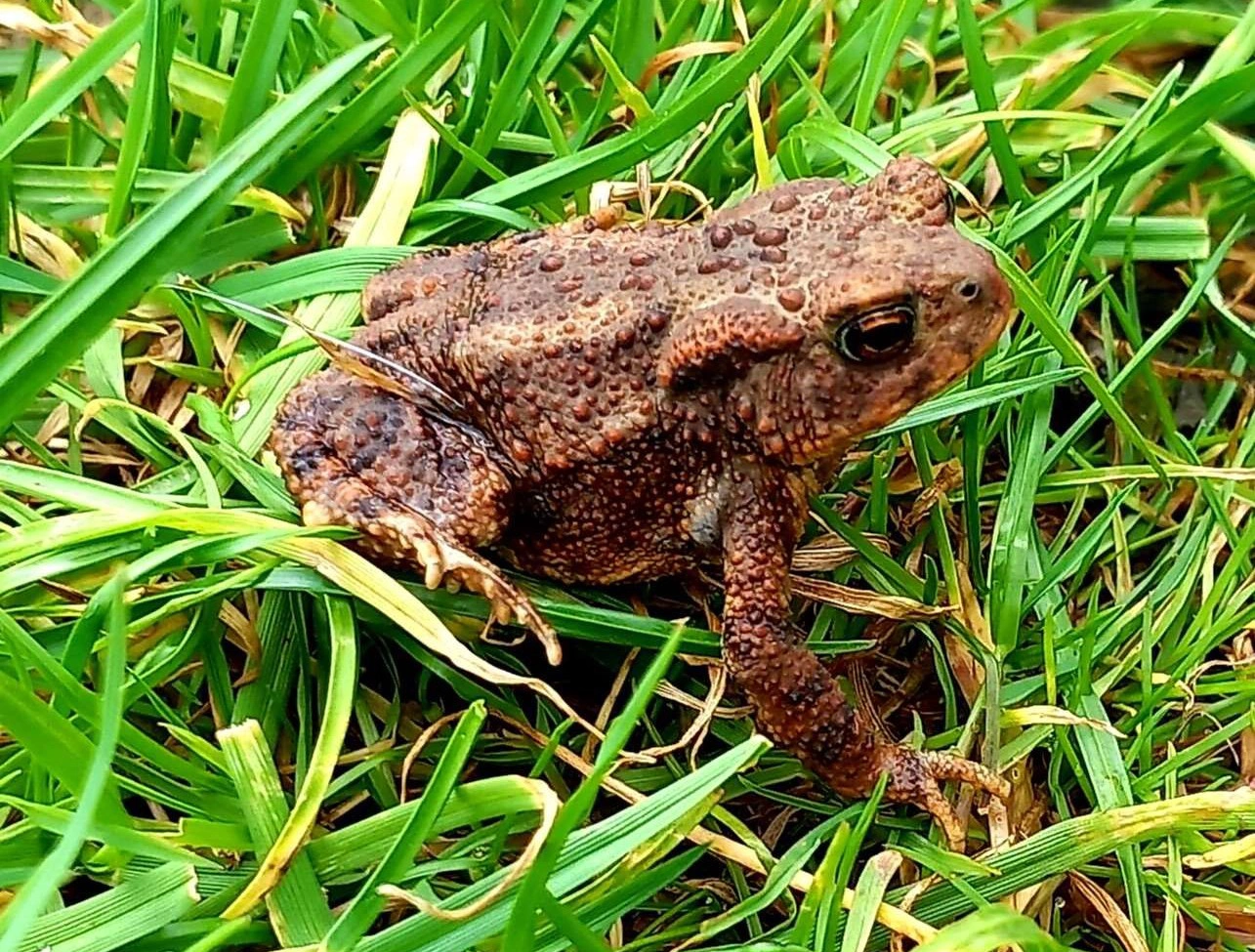
Even a small garden pond will attract amphibians such as toads, but will also provide a water source for a much wider range of wildlife, especially during dry spells.
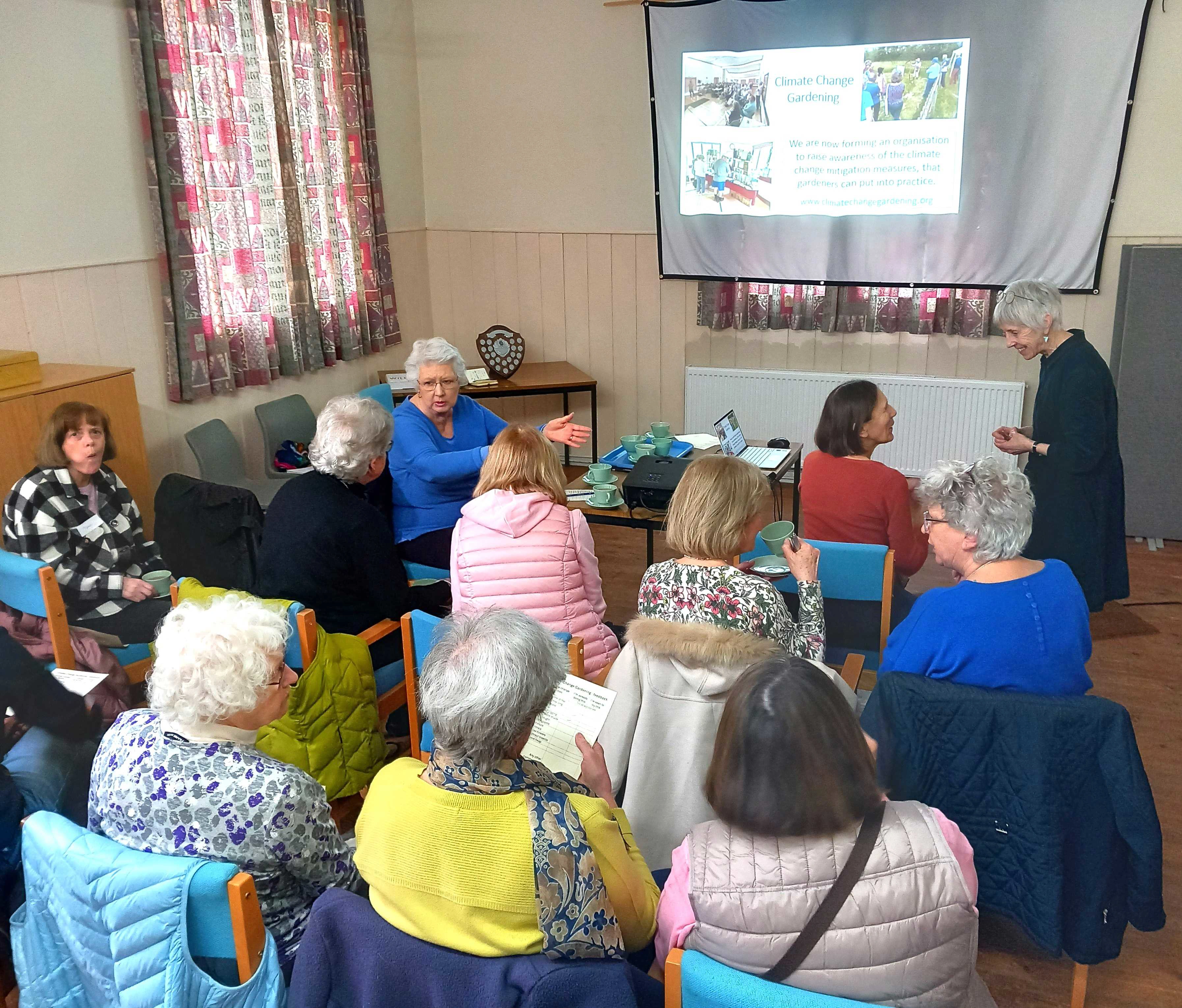
Talks to gardening clubs help raise awareness of the ways in which gardens can help mitigate climate change, as well as providing practical guidance.

Climate Change Gardening trustees, all ready for the event!
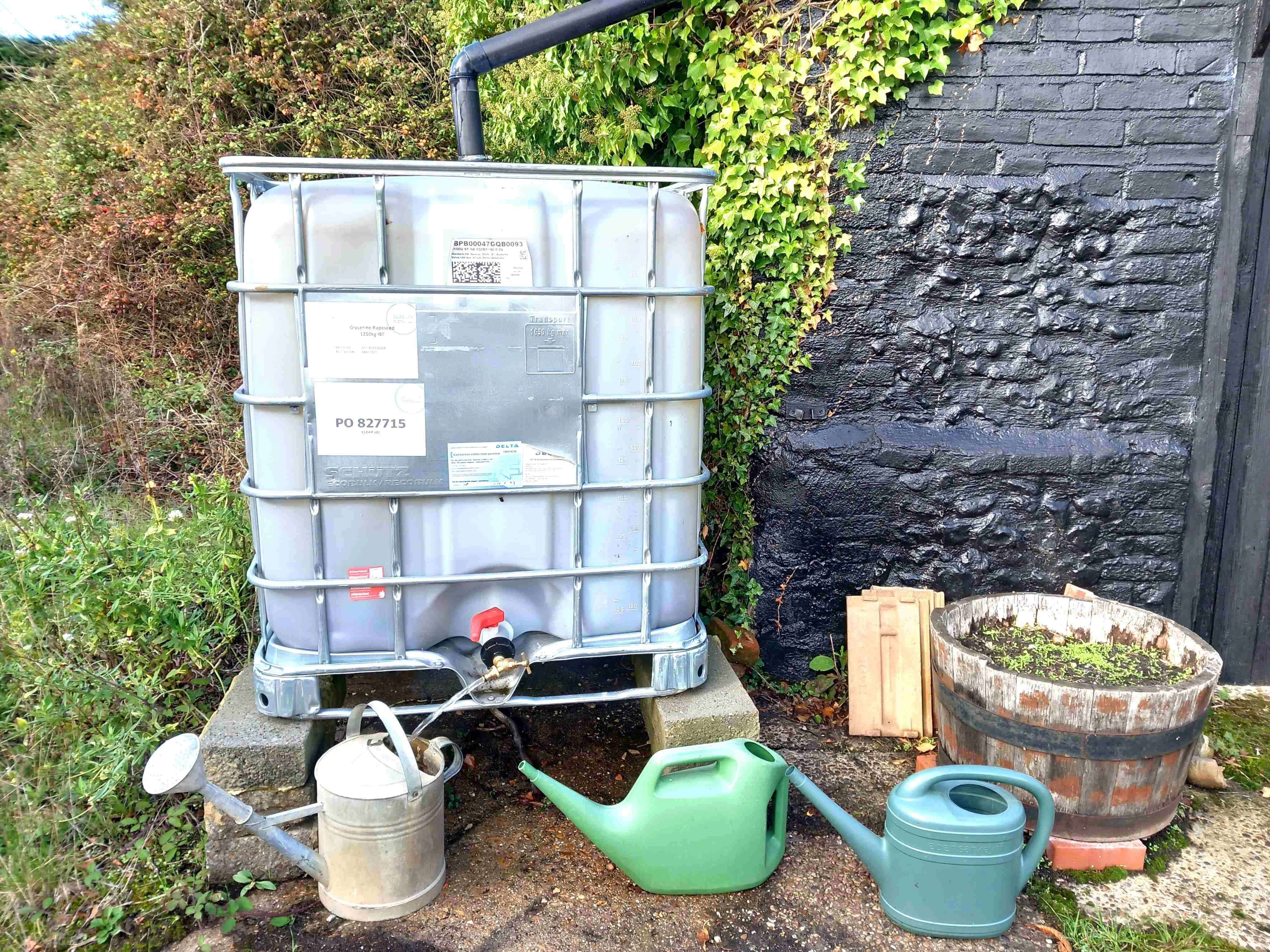
To ensure water is available for the garden (and for the pond), even during prolonged dry spells, collect and use as much rainwater as possible. Even in the dry east of England, a modest roof area will collect 1000s of litres over the year.
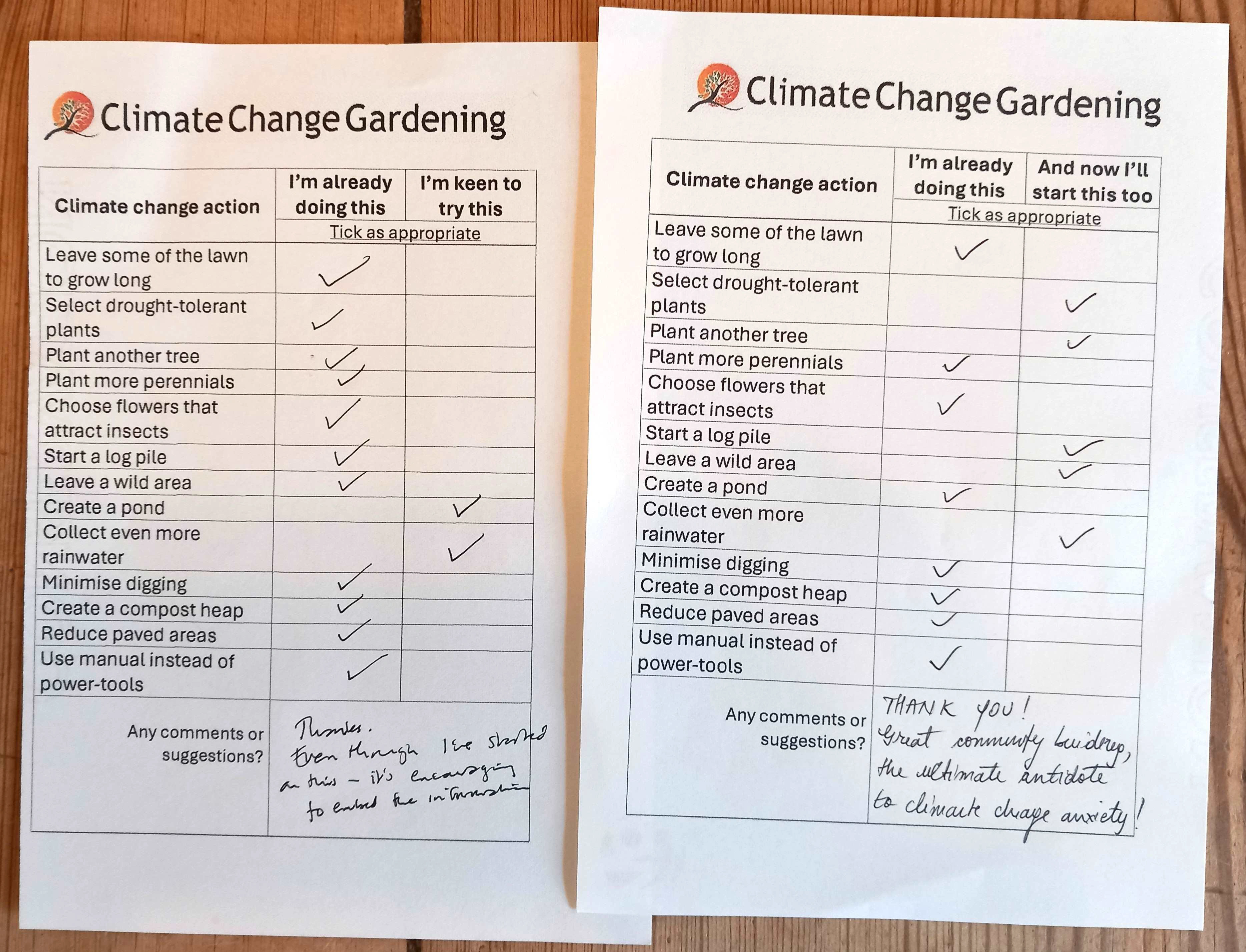
Feedback from attendees allows us to assess the effectiveness of our communication, as well as providing insight into the mitigation measures that are already in place.
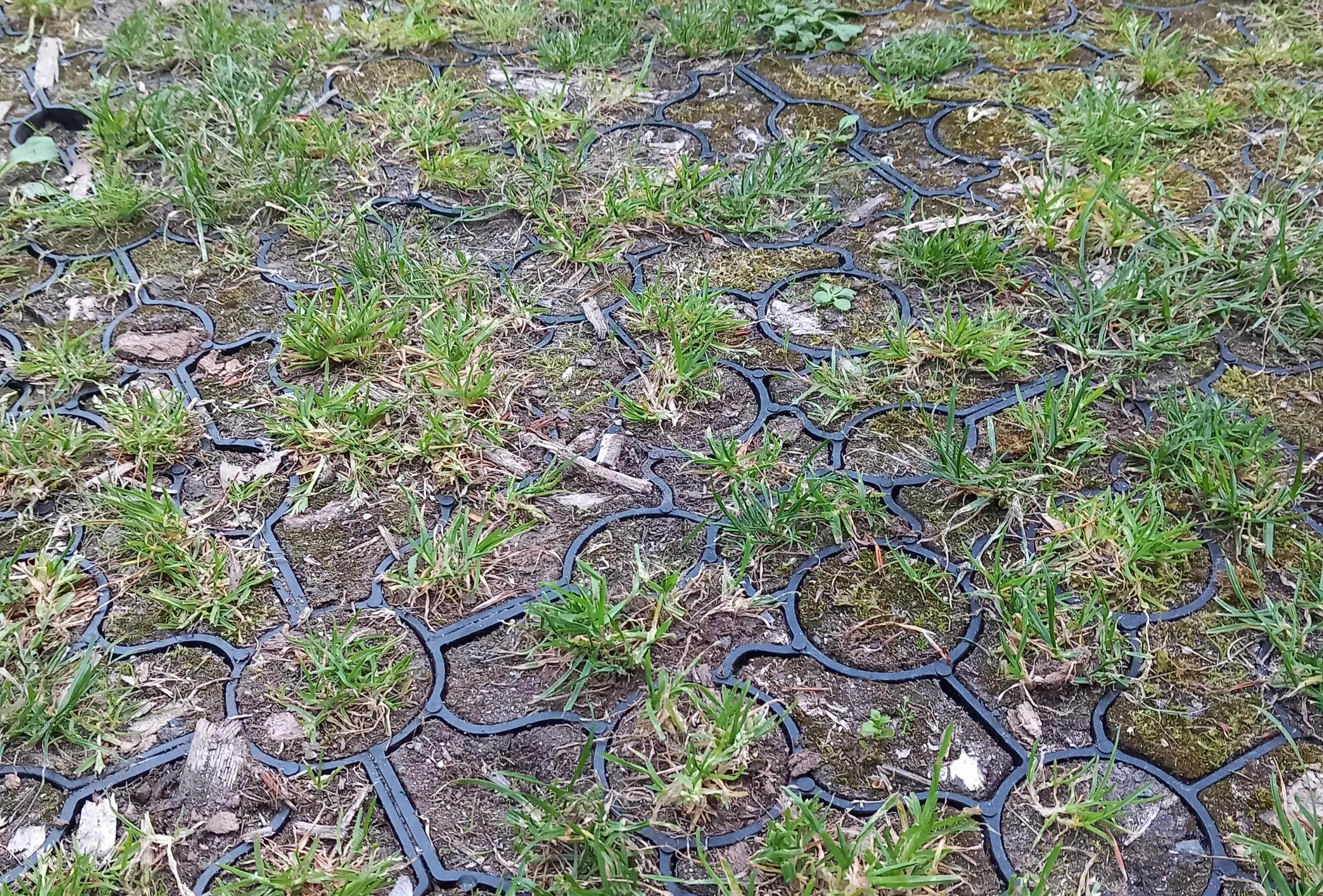
Permeable parking surfaces have a much lower carbon footprint than concrete or tarmac, absorb rainwater, are cooler during hot spells, allow some carbon capture by vegetation, and support a limited range of wildlife.
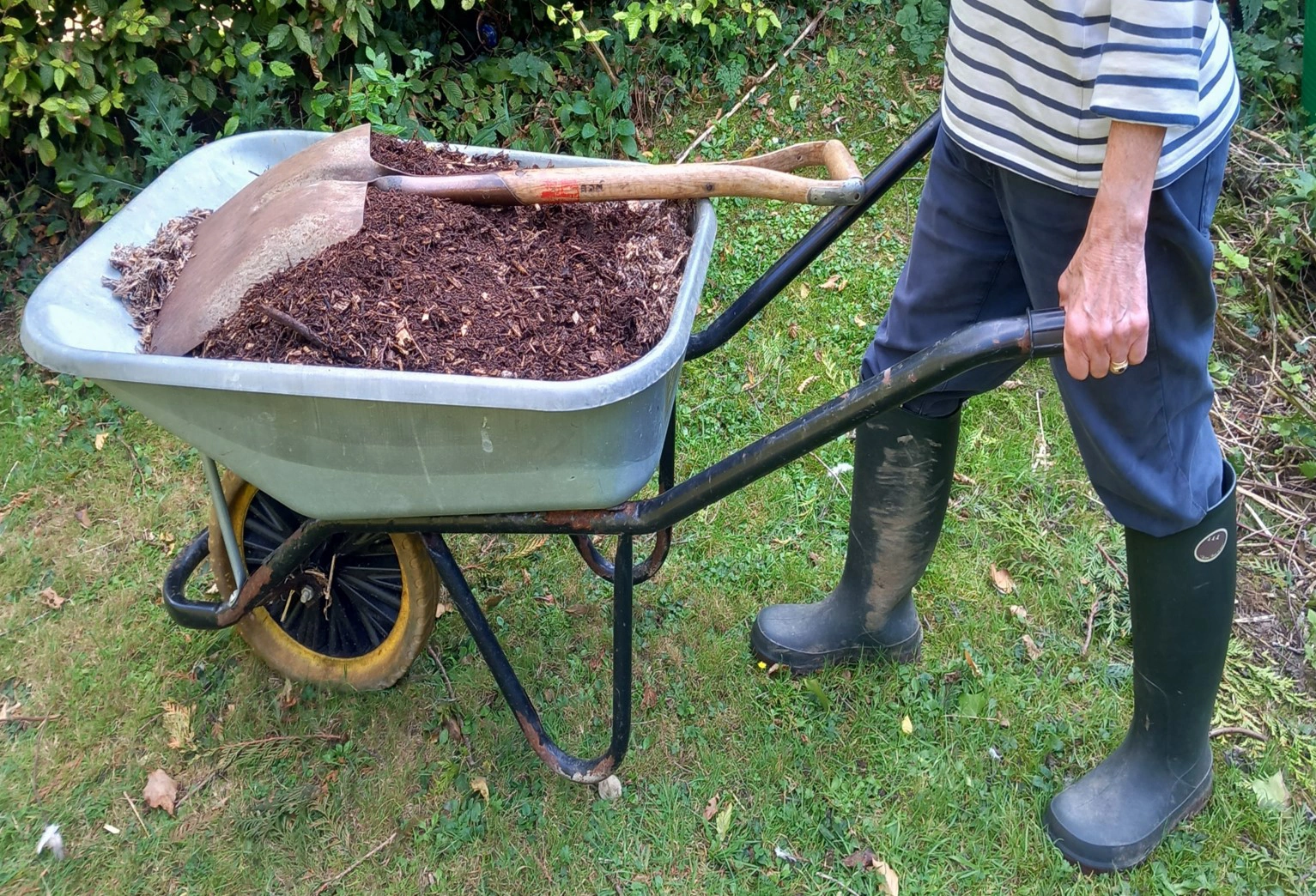
Use of a surface mulch will suppress weeds, improve moisture retention, and also help put carbon back in the soil.